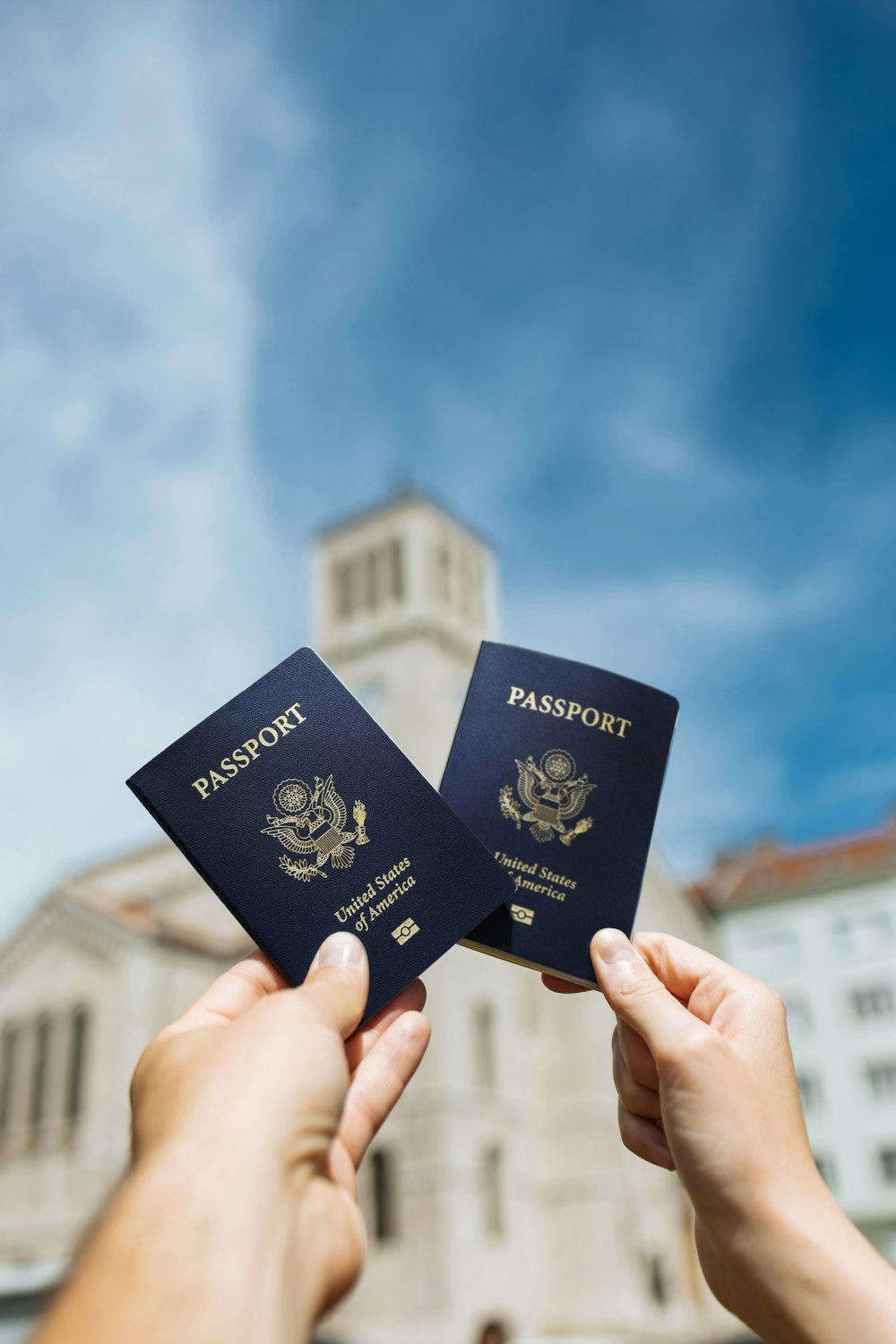 Image Source: USCIS
Image Source: USCISU.S. citizenship is a legal status granting an individual certain privileges under U.S. laws. If you become a U.S. citizen, you will be entitled to several benefits, such as:
For immigrants, getting U.S. citizenship is an essential step to reaching their aspirations and goals in the United States. It will allow them to participate in American society, enjoy the freedoms the U.S. Constitution offers, and pursue better job opportunities.
Naturalization, or the process of acquiring U.S. citizenship, involves meeting eligibility criteria. Successful applicants will swear in as U.S. citizens in a formal naturalization ceremony. They will pledge their allegiance to the U.S. and renounce their previous allegiances.
In this guide, learn about:
Table of Contents
There are several ways to obtain your U.S. citizenship. Different eligibility requirements might apply to you depending on your situation.
In general, there are two ways to get citizenship through U.S. citizen parents:
Laws in effect at the time of birth will determine if a child born outside of the U.S. to a U.S. citizen parent/s is a U.S. citizen at birth. Generally, these laws will require that at least one parent is a U.S. citizen who has lived in the country for a certain period.
Moreover, a child born overseas can become a U.S. citizen after birth. The USCIS Policy Manual cited more information and eligibility requirements for automatically acquiring U.S. citizenship after birth.
To become a U.S. citizen through naturalization, all applicants must meet the following criteria:
Spouses of U.S. service members can be eligible for expedited naturalization outside the U.S. Additionally, children of service members can be eligible for naturalization or to acquire citizenship automatically. Visit the Citizenship for Military Family Members page for more information.
The naturalization process involves 10 steps. Here’s an overview of these steps:
You need to pass the naturalization test to obtain your U.S. citizenship. During your naturalization interview, you must answer questions regarding your background and application. Also, you must take an English and civics test unless you are qualified for a waiver or exemption.
If you fail the test, you will have two opportunities to take both tests and to answer questions about your application in English. Should you fail any of these tests during your initial interview, you'll be retested on the part of the test where you failed between 60 and 90 days from your initial interview date.
Important Note: You must inform the USCIS if you change your address after you’ve submitted Form N-400 within 10 days of your move. Visit uscis.gov/addresschange to know how to change your address.
The average processing time for Form N-400, Application for Naturalization, is nine months. It varies depending on your chosen service center or field office. At St. Louis, MO, 80% of cases are complete within 12.5 months. Check case processing times online.
Find Out More About the Citizenship Service

The perks of becoming a citizen of the United States are as follows:
Hire St. Louis Citizenship Lawyers
Dual citizenship refers to becoming a citizen of two different countries. The U.S. allows dual citizenship or nationality by default. It won’t require you to give up your citizenship to your country of origin.
Remember that your country of origin may not allow you to have dual citizenship. India and China won’t recognize your U.S. citizenship on their soil. In some cases, you can automatically lose your citizenship as soon as you become a U.S. citizen.
Before applying for U.S. citizenship, you must understand the rules about dual citizenship in your country of origin. Only then can you submit Form N-400 to the USCIS to get your U.S. citizenship and ensure that you are still a citizen in your country of origin.
The naturalization process can be time-consuming, challenging, and very complex. Thus, it is a wise choice to get immigration help when applying for U.S. citizenship.
Here at Hacking Immigration Law, LLC, we know the requirements of various citizenship and immigration services. We have assisted hundreds of immigrants to gain their U.S. citizenship, and we can help you also. We are on a mission to help 10,000 immigrants become U.S. citizens by 2030!
Our immigration attorneys will guide you through the naturalization proceedings to improve your chances of approval.

